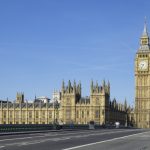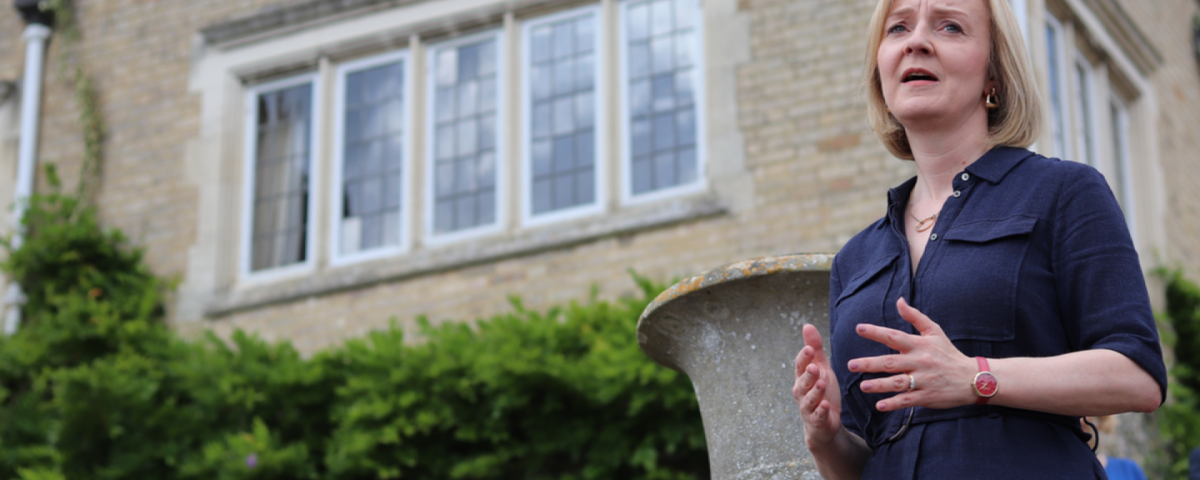Chancellor’s Statement – Winter Economy Plan
24 September 2020
What Can We Expect from the Autumn Statement?
15 November 2023Last week it was announced that on Friday 23rd September there would be a ‘mini budget’. We’ve taken a look at what could be reviewed, how this could affect contractors and where Liz Truss stands on these issues.
Reviewing IR35
Update: The IR35 reforms are going to be repealed in 2023. Find out what that means for you here:
Examining the Loan Charge
HMRC introduced the Loan Charge to recover taxes perceived to be owed by contractors and self-employed workers, many of whom had unknowingly worked through tax avoidance schemes which posed as umbrella companies.
These schemes saw tens of thousands of individuals pay most of their wages through loans, avoiding National Insurance and Income Tax.
However, since its introduction, the Loan Charge has been heavily criticised, with nine suicides directly linked to it. An all-party parliamentary committee was established to highlight the impact and harm it has caused.
Truss has pledged to look into both the Loan Charge and the deaths linked to it, calling it “very, very tragic” and “very poorly handled”.
Reversing the Corporation Tax Increase
Truss had opposed the planned rise in Corporation Tax, which is due to take effect in April 2023 and will see this tax rise from 19 to 25%.
In fact, the rise was announced by Rishi Sunak during his time as Chancellor, who later became Truss’s competitor during the leadership race.
Having expressed concerns about Corporation Tax and the impact it has on business confidence and investment, according to the media, the Prime Minister could take swift action to reduce the tax burden on businesses.
VAT Expectations
Other news reports suggest Truss is also considering cutting VAT. Currently set at 20%, the new Prime Minister will present two options: reducing VAT to 17.5%, or to 15% – a 2.5% cut and a 5% cut, respectively.
A 5% reduction would save the average household more than £1,300 a year and encourage spending to stimulate the economy. According to the Institute for Fiscal Studies, such a move would be expected to reduce inflation by around 2%.
While no firm decisions have yet been made, cutting VAT would be consistent with other measures expected to be taken by Truss.
Adjusting Income Tax Thresholds
Recent reports have suggested that Truss is considering changing the tax thresholds, increasing take-home earnings for millions of workers.
Apparently, the new Prime Minister wants to see the higher rate threshold moved from £52,700 to £80,000. Earnings between £12,750 and £80,000 would instead be subject to the basic rate, at 20%.
Business Rates Review
In an interview with The Telegraph during her leadership campaign, Truss had said that she believes Business Rates “hamper growth”, suggesting that she may review them on becoming Prime Minister.
Given the pressing economic issues – such as rising energy costs – a review of business rates may not be high on the list of priorities. Even so, it would be in line with her low-tax stance.
National Insurance
As with Corporation Tax, Truss was opposed to the rise in National Insurance when Sunak introduced the increase during his last budget as Chancellor.
She has been on the record, in an interview with the BBC’s Laura Kuenssberg the day before she was announced as the new leader of the Conservative Party, as being committed to reversing this tax increase.
As such, she has suggested that it will be reversed under her leadership.
Household Energy Support Package
With soaring energy bills impacting contractors and small businesses, in particular, Truss has already announced a set of measures, detailing the government’s plans to tackle the issue.
The support measures are targeted at both businesses and households and are estimated to be worth £130b, funded by the taxpayer over a number of years, rather than through a windfall tax on energy generators.
One of the plan's key elements is freezing the energy price cap at £2,500 per year for households. Truss confirmed that businesses would receive an equivalent level of financial support for six months, effective from October 1st, when the new price cap takes effect.
Business Energy Support Package
The BEIS has announced that a cap of £211 will be applied to electricity prices, and a cap of £75 will be applied to gas prices. Suppliers must automatically apply the reduction to all eligible non-domestic customers, with the government compensating them.
From 1st October through 31st March 2023, savings will apply to contracts signed since 1st April.
Now that Liz Truss has been appointed Prime Minister, she has a long list of issues to address that are impacting contractors and small business owners across the UK. We will know more on Friday when the mini budget is delivered to parliament.
Conclusion
At Caroola we offer a range of tax and accounting services to help you, whether you’re a contractor or a small business. To find out more, please get in touch.
Let's talk
Interested in finding out more? Speak with our team to see how we can work together.
Here's how you can get in touch...
If you're a client, you can speak to your dedicated accountant on: 03330 342 480


